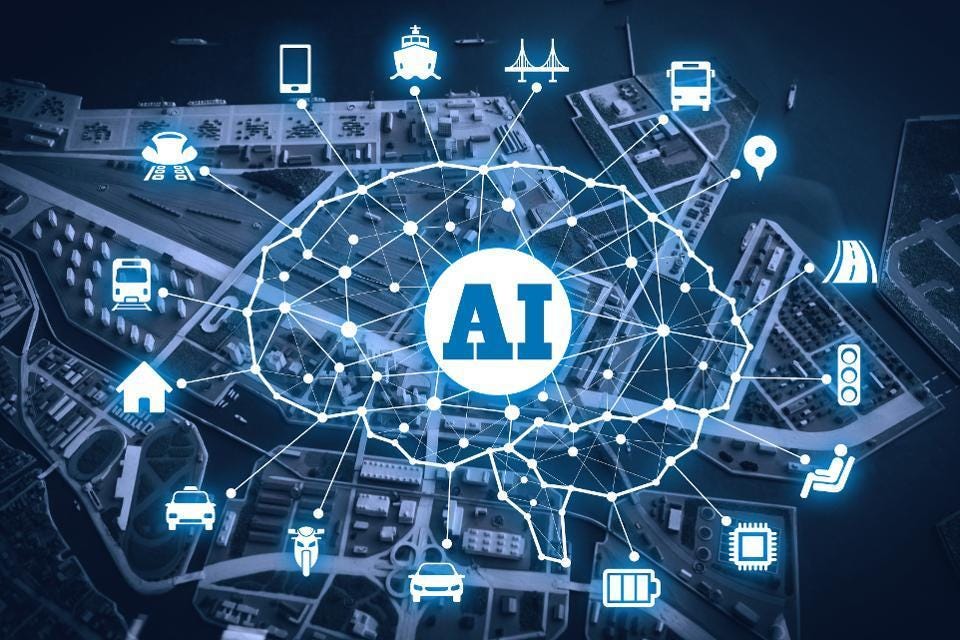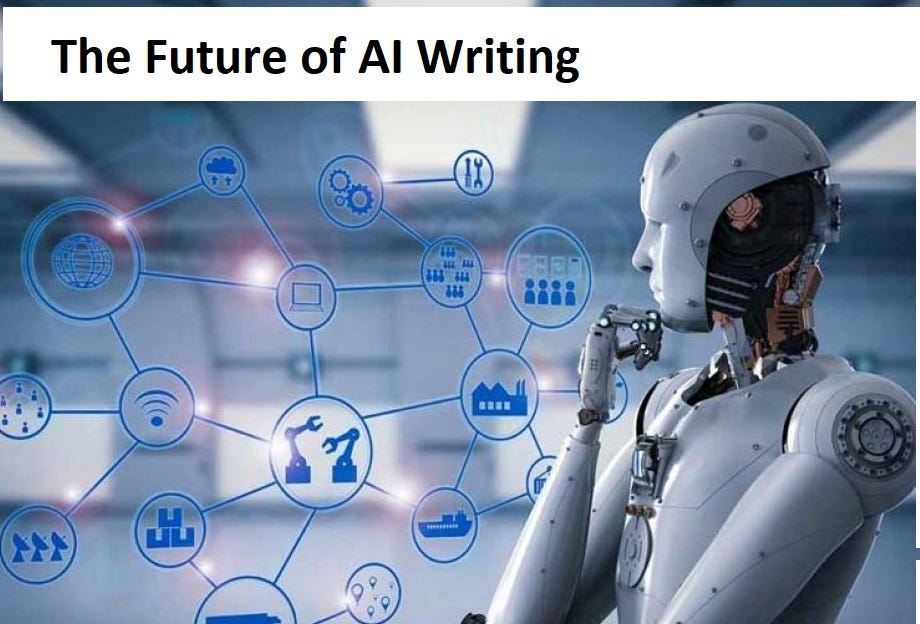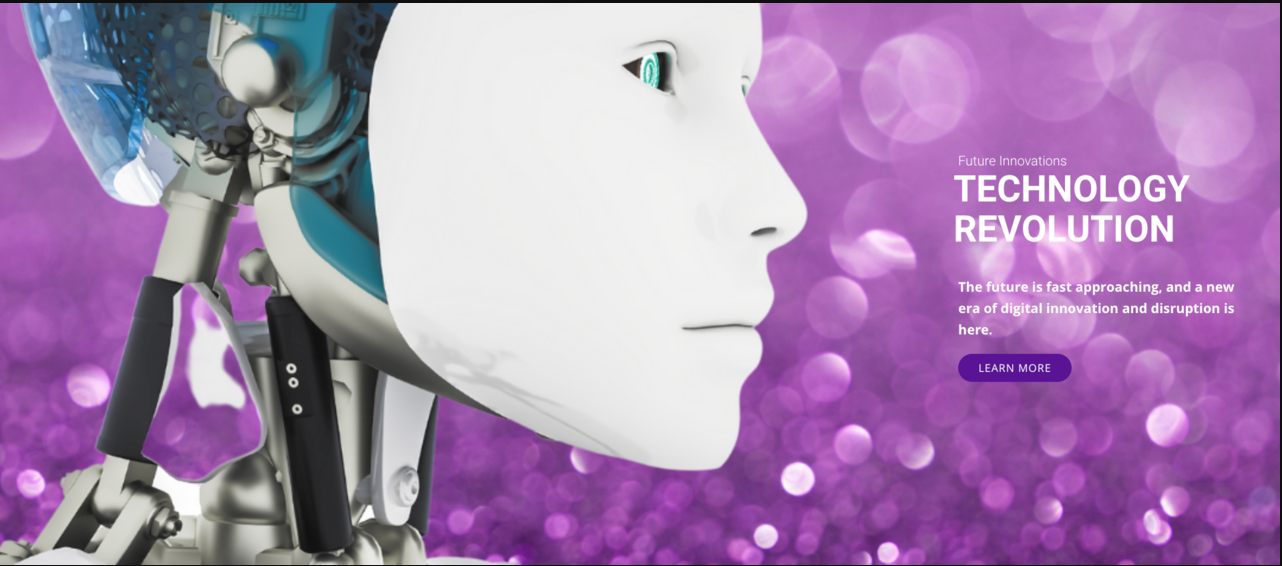The Future of Marketing: How AI Will Change the Way We Advertise

Introduction
When we think about the future of marketing, it’s easy to get caught up in all the flashy new technology that will be available to us. But as we move into the age of artificial intelligence, it’s important to remember that the heart of marketing is still about connecting with people. AI will change the way we advertise by allowing us to personalize messages to individuals in a way that has never been possible before. By understanding people’s preferences and behavior, we will be able to create ads that are far more relevant to them, making the whole experience of seeing an ad much more positive. In addition, AI will help us to track results in real-time, so we can quickly see what’s working and what’s not. This will allow us to be much more agile in our approach to marketing, making constant adjustments to ensure that we are always getting the best results possible. Overall, AI will be a major game-changer for marketing, and its impact will be felt across the entire industry. By harnessing the power of this new technology, we will be able to take our campaigns to the next level, and reach new heights of success.
Artificial intelligence is drastically changing the field of marketing.
In the past decade, artificial intelligence (AI) has changed the landscape of marketing as we know it. With the advent of big data, machine learning, and natural language processing (NLP), AI has become an integral part of marketing campaigns and strategies across the globe. As AI continues to evolve, so too does its role in marketing. Here are just a few ways AI is changing the field of marketing: 1. Increased personalization: AI is helping marketers create more personalized campaigns that resonate with individual customers. By analyzing data points such as demographics, interests, and past purchase behavior, AI can generate targeted ads and content that are more likely to appeal to each customer. 2. Improved segmentation: AI can also segment customers into groups more accurately than ever before. This allows marketers to create targeted campaigns that are more likely to convert. 3. Greater efficiency: AI-powered marketing tools can automate repetitive tasks, such as email marketing and social media posts. This frees up marketers to focus on more strategic tasks, such as developing creative concepts and analyzing data. 4. Increased ROI: Finally, AI can help marketers improve the ROI of their campaigns. By optimizing campaigns for specific goals and measuring results, AI can help marketers allocate resources more effectively and improve the bottom line. AI is drastically changing the field of marketing by increasing personalization, improving segmentation, and becoming more efficient. As AI continues to evolve, we can only expect more changes and innovations in the field of marketing.
Marketers are using AI to create more personalized ads.
Advertising has been evolving since its conception over a century ago, and it shows no signs of slowing down. The latest development in this field is the use of artificial intelligence (AI) to create more personalized ads. One of the advantages of AI is that it can process large amounts of data much faster than a human can. This means that marketers can get a better understanding of their target audience and what they are interested in. AI can also help to create more targeted ads. For example, if a person has been searching for a new car, AI can be used to show them ads for car dealerships in their area. Another benefit of using AI for advertising is that it can make the ads more engaging. AI can be used to create ads that are interactive and provide a more personalized experience for the user. For example, if a person is looking at an ad for a new pair of shoes, AI can be used to show them different styles of the same shoe based on their preferences. The use of AI in advertising is still in its early stages, but it is clear that it has the potential to change the way we advertise. As more and more businesses start to use AI, we will see more personalized and targeted ads. This will be a welcomed change for many people who are tired of seeing the same ads over and over again.
AI can help identify potential customers and what they might want to buy.
In the past, marketing has been about reaching as many people as possible with the hope that some of them will be interested in what you’re selling. However, with the rise of artificial intelligence (AI), marketing is changing. AI can help identify potential customers and what they might want to buy, AI marketing can focus their efforts on those who are more likely to be interested in what they have to offer. This is done by collecting data about potential customers and using it to create models that predict which customers are more likely to be interested in a particular product or service. This data can be collected from a variety of sources, including social media, search engine data, and website analytics. Once this data has been collected, it can be used to create marketing campaigns that are more targeted and more likely to be successful. AI-based marketing is still in its early stages, but it has the potential to revolutionize the way that businesses market their products and services. By using AI to identify potential customers and target their marketing efforts, businesses can save money and increase their sales. In the future, AI will become increasingly important in the field of marketing, changing the way that businesses advertise and sell their products.
AI can also help customize messaging and delivery to specific customers.
In the future, AI will change the way we advertise by customizing messages and delivery to specific customers. This will allow businesses to target their advertising to specific demographics, interests, and even purchasing habits. For example, imagine you own a pet store. In the past, you would have to advertise in the local newspaper or on billboards in order to reach potential customers. But with AI, you can now target ads to pet owners in your area who have bought pet food online in the past. Not only can AI help you target your advertising more effectively, but it can also help you customize your messaging. For example, if you know that a customer is interested in a certain type of pet, you can customize your ad to specifically target that customer. AI can also help you deliver your ads to specific customers. For example, if you have a customer who always buys pet food from you online, you can use AI to target that customer with an ad for a new type of pet food that you’re carrying. With AI, businesses will be able to target their advertising more effectively, customize their messaging, and deliver their ads to specific customers. This will allow businesses to improve their advertising ROI and better compete in the marketplace.
Additionally, AI can automate and optimize marketing tasks.
In the past, marketing has been a labor-intensive process that required a lot of manual work. With the advent of artificial intelligence (AI), this is no longer the case. AI can now automate marketing tasks, AI marketing the process more efficiently and effective. One of the most important ways AI can help with marketing is by optimizing campaigns. AI can help to identify the best times to run ads, the best channels to use, and the best targeting options. This means that campaigns can be more effective and cost-efficient, leading to better results for businesses. Another way AI can help with marketing is by providing customer insights. AI can analyze customer data to provide insights that can help businesses better understand their needs and wants. This information can then be used to create more targeted and effective marketing campaigns. AI can also help businesses automate their marketing tasks. For example, AI can be used to send out automated emails, set up social media posts, and create targeted ads. This can free up time for businesses to focus on other tasks, such as creating new marketing campaigns or developing their products and services. AI is changing the way businesses market their products and services. By automating tasks and providing insights, AI is making the process more efficient and effective. This is leading to better results for businesses and a more streamlined process overall.
Conclusion
As we move further into the digital age, it’s becoming increasingly clear that AI is going to play a big role in the future of marketing. With its ability to analyze vast amounts of data and identify patterns, AI is already starting to change the way we advertise, and it’s likely that its influence will only grow in the years to come. One of the most exciting things about AI is its potential to personalize ads in a way that has never been possible before. Using data from a person’s online activity, AI can tailor ads to them specifically, making them far more likely to be interested in what’s being offered. This could be a game-changer for businesses, and it’s something that we’re only just starting to explore. Another area where AI is starting to have an impact is in the realm of creative advertising. By analyzing data about what works and what doesn’t, AI can help marketers create more effective ads. Additionally, AI can be used to generate new ideas for ads, which could lead to some truly innovative and eye-catching campaigns. As we continue to develop AI technology, it’s likely that its impact on marketing will only grow. So far, AI has shown a lot of promise in terms of its ability to improve the efficiency and effectiveness of advertising. In the future, AI could help us create more personalized and targeted ads, as well as more effective and creative campaigns. So, it’s safe to say that the future of marketing is looking pretty bright.
AI is set to change the way we advertise, with more personalized ads and a greater focus on customer experience. This will help marketers to better understand their customers and create more effective campaigns. However, it is important to ensure that AI is used ethically, with consumers’ privacy and data protection in mind.
Read Also : The Future of Marketing: How AI Will Change the Way We Advertise




